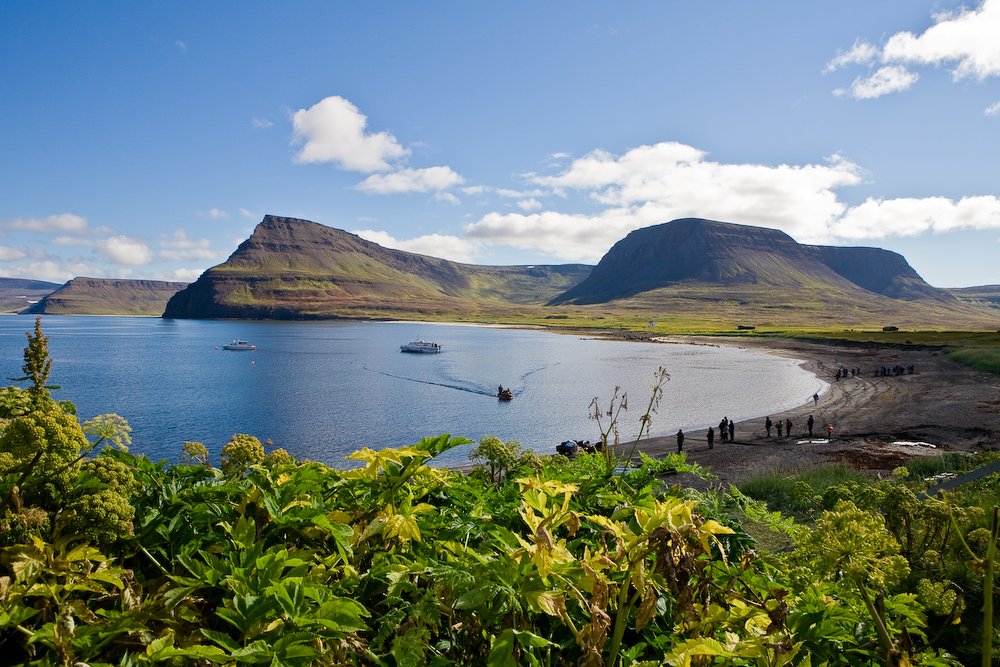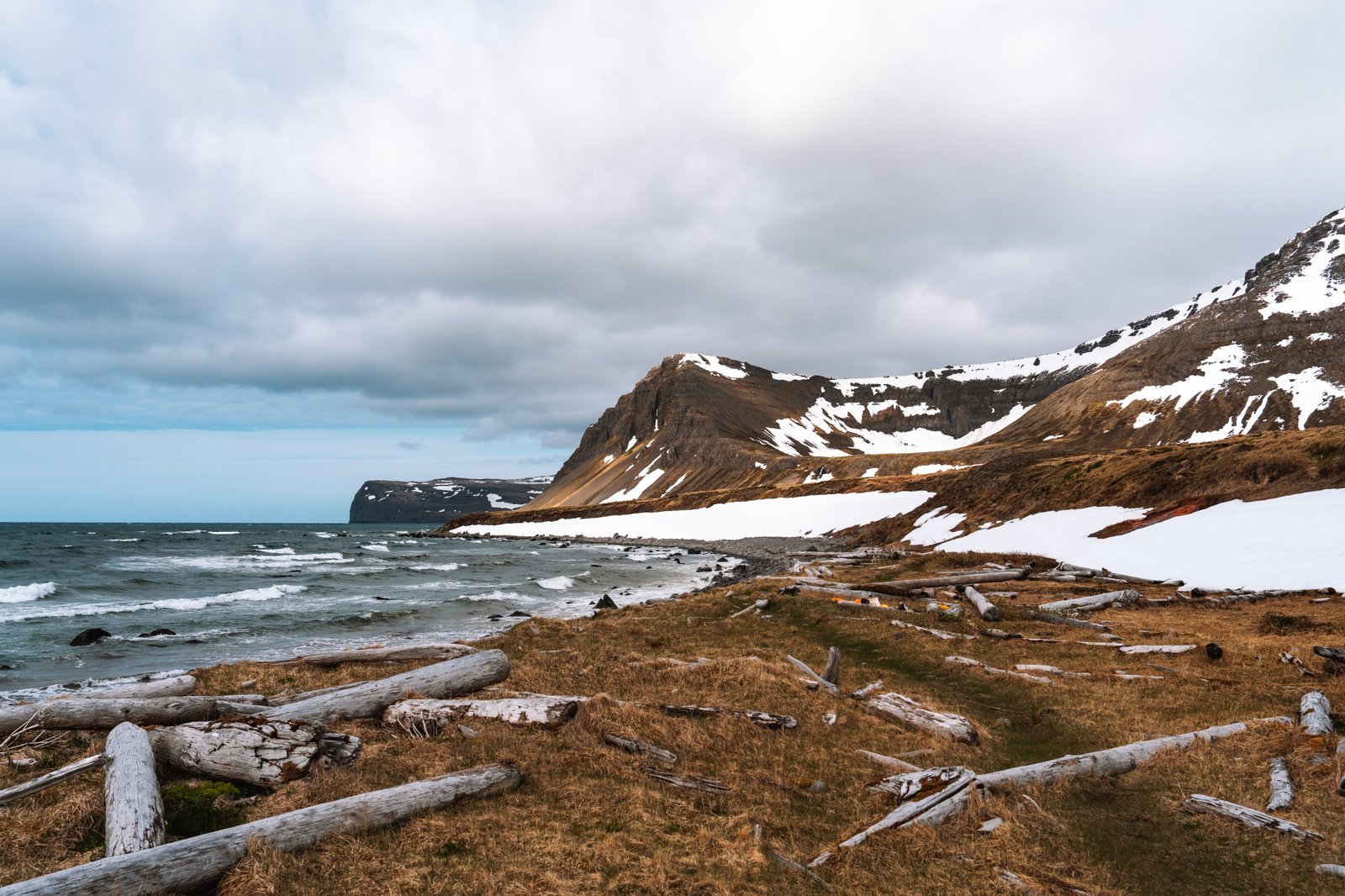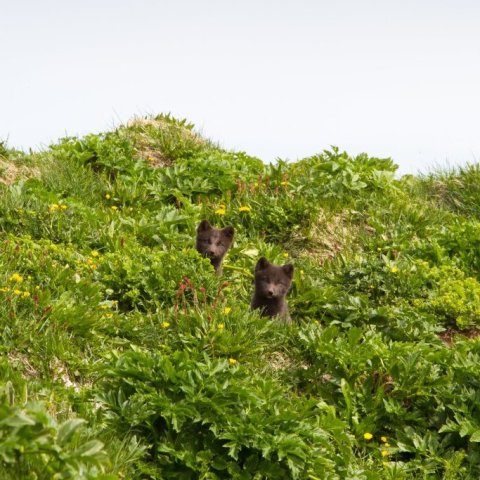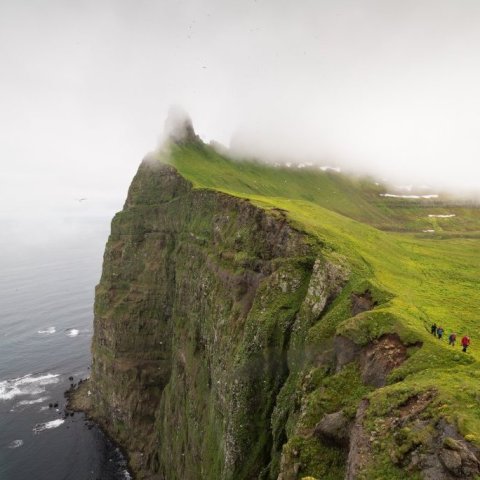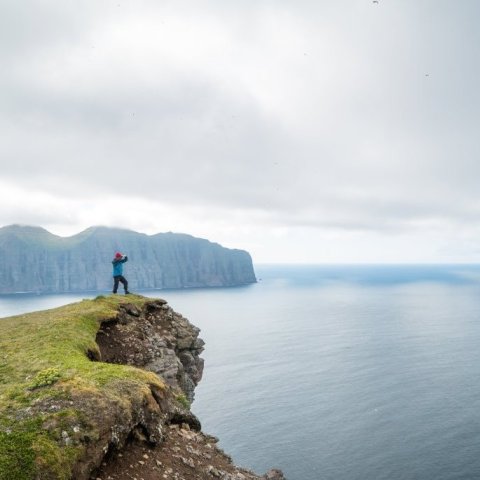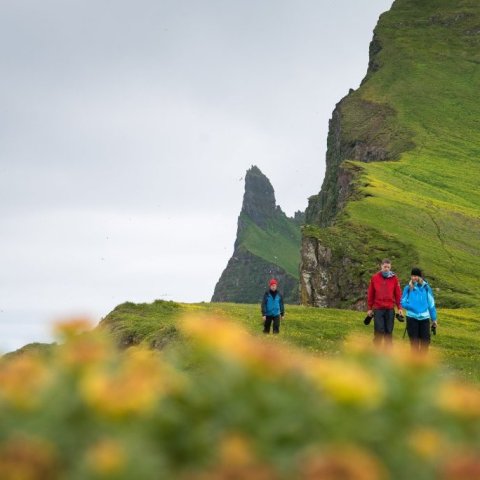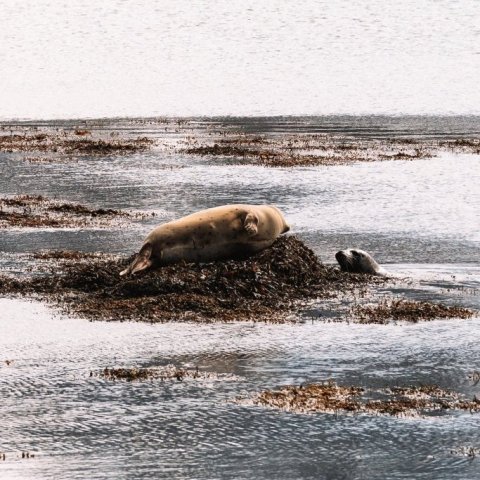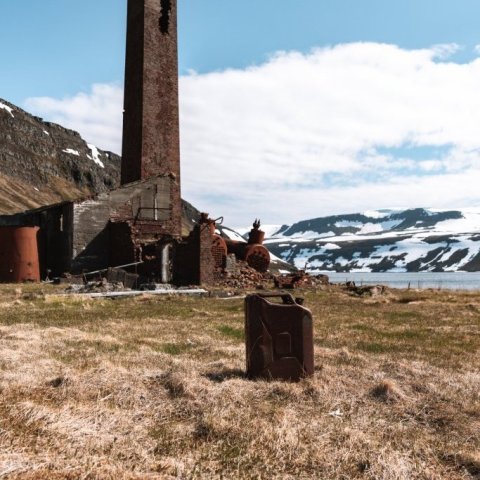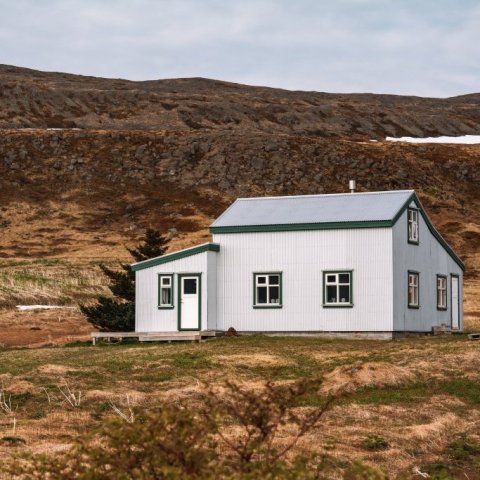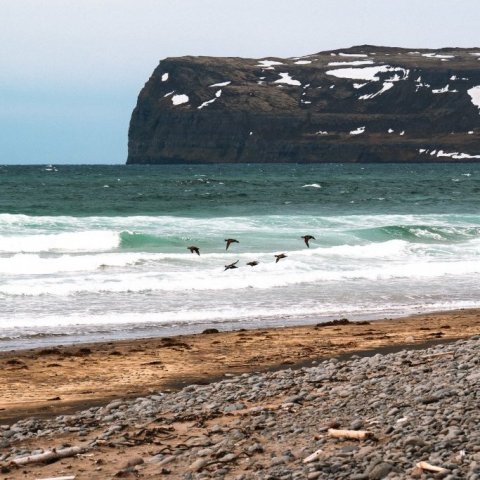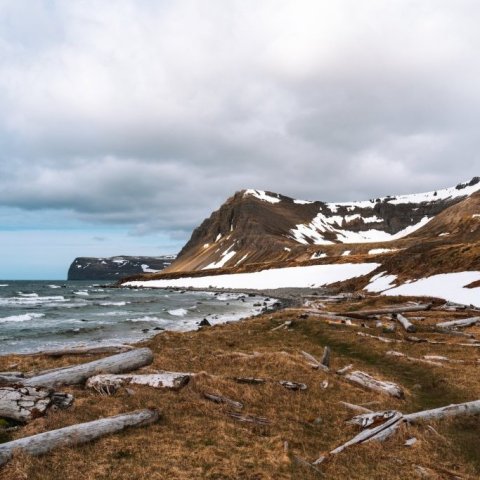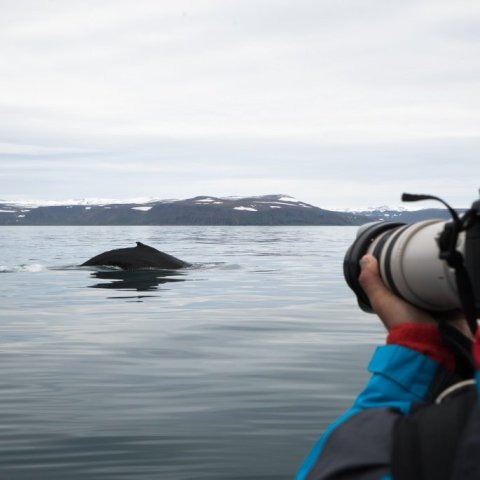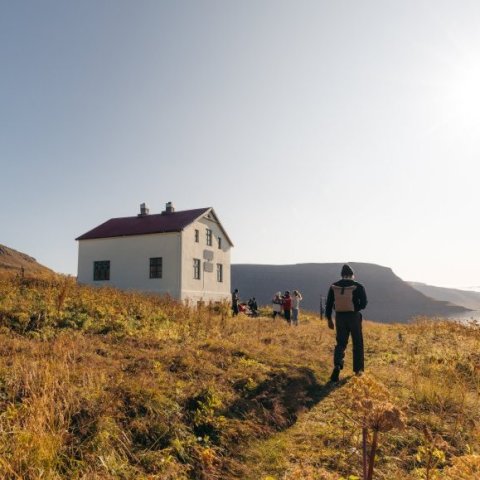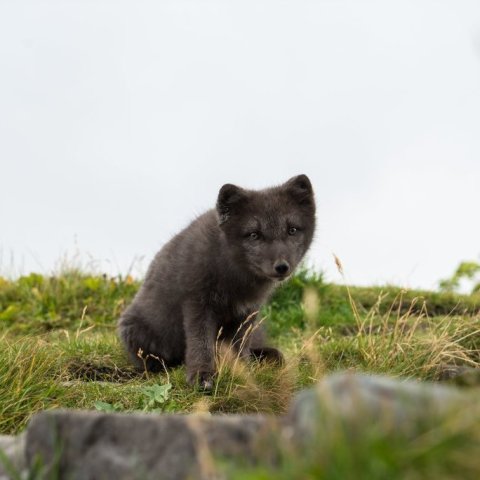- Do not disturb birds and animals unnecessarily. If you are near animals or birds at their nests, try to keep noise to a minimum.
- Respect the foxes. Keep a distance of 40 meters from fox dens and try not to stay near the den for more than 20 minutes. If it is necessary to pass by a fox den, do so quickly and quietly, and only stop once you are 40 meters away. Avoid coming between a fox and its young. Do not feed the foxes.
Exploring Hornstrandir: Important to Know before Going
When visiting the pristine Hornstrandir Nature Reserve, it's crucial to follow specific rules to protect its fragile environment and ensure a safe and respectful experience. Here’s a comprehensive guide to what you should do and what you should avoid while exploring this unique wilderness. Please read these 10 important points before you embark on your trip beautiful Hornstrandir.
06.09.2024
You might also want to read our Ultimate guide to Hornstrandir
1. Notify Travel Plans in Sensitive Seasons:
From March 1st to June 15th and September 1st to November 1st each year, anyone planning to travel to Hornstrandir is required to notify the Environment Agency electronically. This rule is in place to help monitor and minimize the impact on flora and fauna, ensuring these areas remain pristine for future generations. You can do that HERE
2. Consider a Guided Tour:
If you’re unfamiliar with wilderness travel, consider joining a guided tour. Experienced guides can enhance your understanding of the area and provide an added layer of safety.
3. Stick to Marked Trails:
Always follow designated footpaths to protect the delicate vegetation and avoid disturbing wildlife. Use walking sticks only when necessary. The use of bicycles is prohibited within the nature reserve
4. There is no cell service! Carry a Map and Compass:
With no cell service in the reserve, navigating with a map and compass or a GPS device is essential. Ensure you have the skills to use them.
5. Filming, Photography & Drones
Filming and photography may not disturb the fauna within the nature reserve and disturbance to other visitors must be kept to a minimum. Filming and photography that may affect the environment and the experience of visitors is subject to the approval of the Environment Agency of Iceland. The Agency may impose conditions when granting such permits. Apply for permits by 30 May each year if planning such activities.
The operation of aircraft, including drones, is prohibited within the nature reserve unless approved by the Environment Agency of Iceland. This rule helps minimize disturbance to wildlife and other visitors.
6. Camping:
Camping is only permitted in defined camping sites within the nature reserve. Landowners may allow camping on their land if they provide toilet facilities for their guests. A tent may only be raised for one week at a time before being removed or relocated within the camping site. Additionally, campers must use camping stoves for cooking as open fires are strictly prohibited to prevent wildfires.
7. Don’t Leave Waste Behind:
Leave no trace of your visit. This includes taking all your trash with you. Do not build cairns, rearrange stones, or leave any traces. Leave the area in the same condition as it was when you arrived. Do not take stones, bones, driftwood, or any other items you may come across. Visitors to the area are encouraged to use the available toilets/restrooms whenever possible. Hygiene products must not be left in nature.
8. Respect Wildlife:
Maintain a safe distance from wildlife, especially near nesting seabird colonies. Seafarers are advised to keep at least 1 km away from bird cliffs. It is forbidden to make loud noises near bird cliffs.
9. Don’t Ignore Weather Warnings:
The weather in Hornstrandir can be unpredictable and harsh. Ignoring weather warnings can lead to dangerous situations. Always check the forecast and be prepared to alter your plans if necessary.
10. Respect the privacy of property owners in the area.
Do not peer into windows or enter houses uninvited.
By following these detailed guidelines, you’ll not only have a safe and enjoyable visit to Hornstrandir but also contribute to the preservation of this extraordinary natural reserve. Remember, every action you take in the wild has an impact, so tread lightly and leave no trace.
